This article was authored by Eoin Logan, Canadian Immigration Lawyer, KSW Lawyers, and originally posted on KSW Lawyers’ website.
Professional Negligence against Immigration Consultants and Lawyers
Professional negligence can occur when a professional fails to fulfill the professional duties or obligations that they were hired by their client to fulfill. This can occur with immigrations lawyers and immigration consultants that have been hired to give a client advice or help them through a visa or PR application. When someone hires a lawyer or consultant to assist with their immigration process, they are hiring somebody who holds themselves out as an individual with qualifications and expertise in the area to assist them. Lawyers and consultants are both regulated professions with codes of conduct, requirements for ongoing education, and professional liability insurance provided by each of their regulating bodies.
Duty of Care
In order to proceed with a claim for professional negligence against a lawyer or consultant, you must first prove that person owes you a duty of care. The contract between the client and the lawyer or consultant usually satisfies this requirement. The client pays for the lawyer or consultant’s specialized services and expertise, and that relationship creates a duty of care. There are also professional responsibilities and obligations imposed on lawyers and consultants by their regulating bodies that make clear when a duty of care should exist. For example, no duty of care comes to exist by merely reading a blog post on a law firm’s website.
Standard of care
Claims for professional negligence also require you to establish that the lawyer or consultant breached their duty of care by falling below the standard of care for a person of their skills and qualifications. This legal standard can be quite tricky to establish and will vary from case to case. In general terms, the lawyer or consultant must give the client reasonable, competent, and accurate advice.
A higher standard of care is applied to persons who represent themselves as having special skills or knowledge in an area that allows them to perform tasks that are normally beyond the capacity of the ordinary person. For example, when hiring an immigration consultant to fill out and submit a PR application, there is a reasonable expectation that they have specialized knowledge in how to fill out the form or know how to acquire the correct information. If they fill out your forms with the wrong codes and inappropriate information for the application, there is a likelihood that they have failed their standard of care. It is also important to note that there is likely a different standard of care imposed on a lawyer or consultant who simply reviewed an application completed by the client before submitting it on a client’s behalf, and a lawyer of consultant hired to fully manage the application process from start to finish.
In order to determine the reasonable standard of care for a lawyer or consultant, expert evidence and references to their respective codes of conduct will be required. A lawyer’s code of conduct would be determined by their local Law Society, depending on which province they are located. A College of Immigration and Citizenship Consultants (CICC) registered consultant is subject to the CICC’s Code of Professional Conduct which states at paragraph 4:
“4 (1) A licensee must uphold the standards of the profession and perform their professional obligations honourably and with integrity.
(2) A licensee must not engage in conduct that is likely to discredit the profession or jeopardize the public’s confidence and trust in the profession.”
The courts have held that the standard of care is that of the reasonably prudent and competent member of the particular profession. In Romans v. Howlund International Corp., a case in Alberta the defendant immigration consultant failed to advise the plaintiffs about the availability of a flagpole application. The plaintiff and defendant both provided expert evidence of an immigration consultant’s standard of care. The court found that the immigration consultant fell below the standard of care because they ought to have advised the plaintiffs that flagpole applications existed and that the failure to do so did not accord with what would be expected of a reasonable immigration consultation with similar knowledge.
Losses Suffered
Even if you have established a breach of the standard of care, you will not be able to proceed with a claim in professional negligence unless you can show a loss as a result of that breach. This loss can be financial, injuries, pain and suffering etc. The most common loss in relation to negligence by a lawyer or consultant is that the client losses their immigration status and as such losses their income. As an example, this can occur where a client has hired a professional to assist with their immigration, and because of mistakes made on the paperwork by the professional, the client’s immigration status is lost, meaning their legal authority to work in Canada is also revoked. In this situation a person would lose their employment income until such a time as they could restore their status and legally work again.
The client may also incur expenses to restore their status like hiring a new lawyer or consultant to fix the previous errors. The court will award damages based on the total losses a person incurred as a result of the negligence so it’s important to keep track of any and all losses related to the negligence.
In summary, a case may have lots of the elements required above to proceed with a claim of professional negligence against an immigration lawyer or immigration consultant. It’s best to consult with a lawyer who can assess these elements with regard to your specific case, review the documents related to your case and give advice tailored to your situation.



